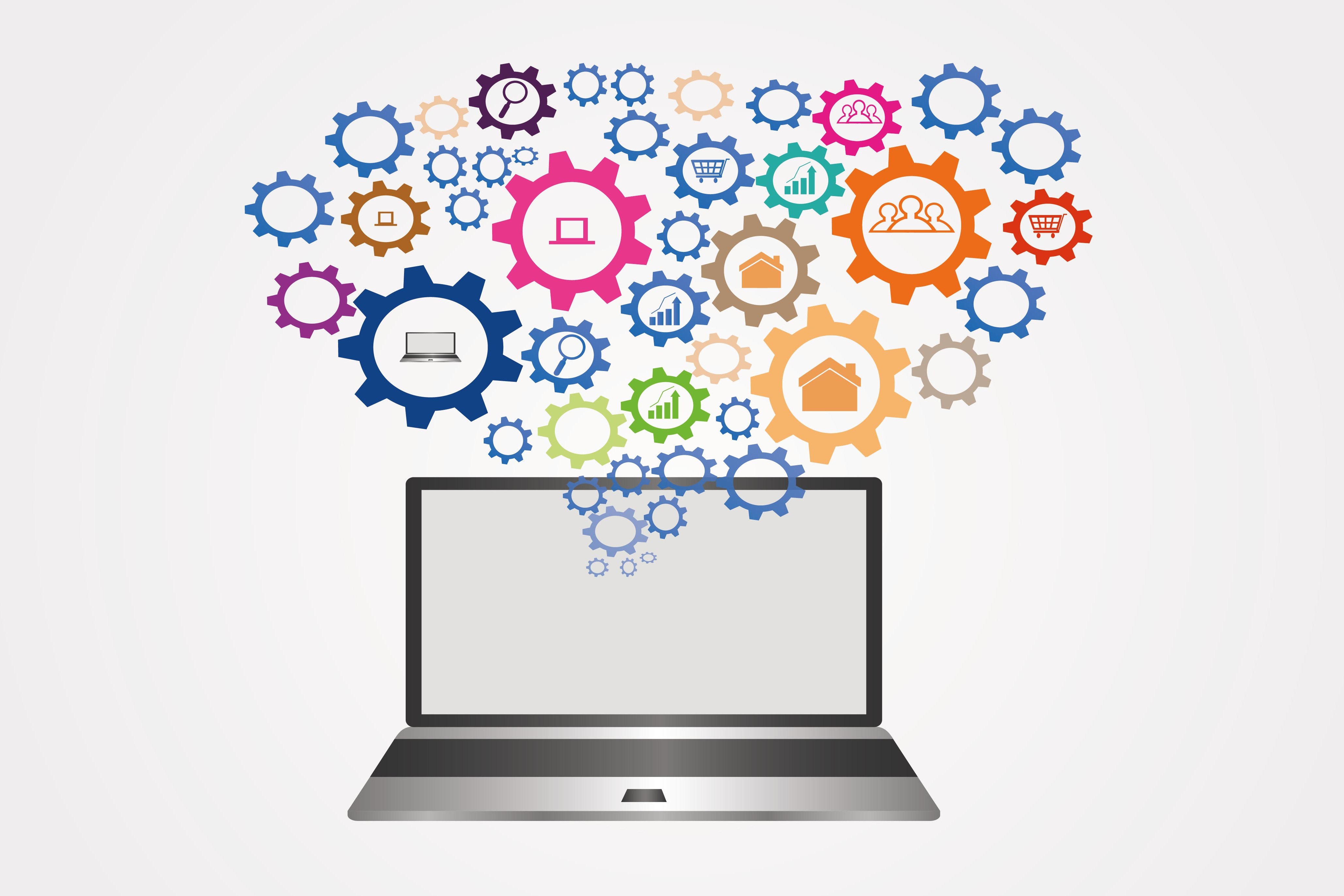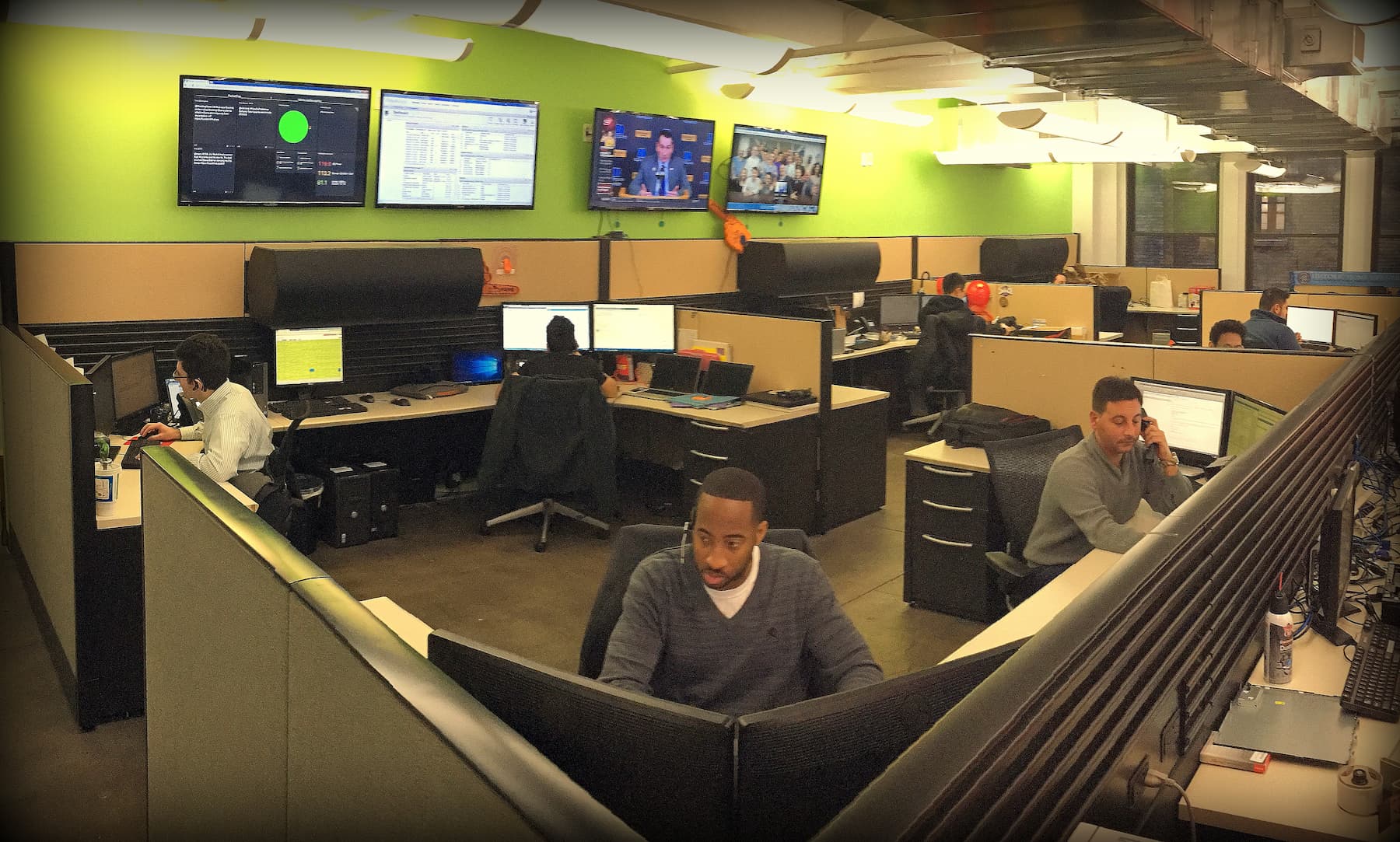In honor of National Small Business Week, I thought I’d share some technology tools that are ideal for small businesses.
When I first started my business back in 2000, providing IT services to small businesses, we definitely didn’t have what we do today in the way of easy-to-setup and cost-effective technology tools. If your small business wanted file sharing and corporate email, we would have had to setup your own Small Business Server in your office.











